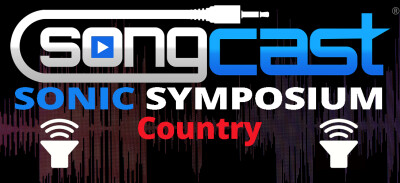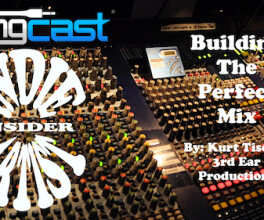If you’re asking yourself “how do I sell music online”, then you probably are trying to learn about how the internet works, and how you can use it to your advantage. The internet has given rise to Big Data, and the ability to access a huge amount of information. However, having a mountain of information doesn’t necessarily help you unless you can figure out how to interpret it. In order to measure your success online, there are certain metrics you should be using.
Because you are a modern indie musician, you certainly already have a website. (If not, you definitely need one.) But is anyone going on that website, and are they doing anything on it? Those questions can be answered using Google Analytics. Google Analytics is a comprehensive, invaluable resource that also happens to be free. Some of the most important measures of performance, also known as metrics, are the following:
- Event Tracking
Event tracking allows you to see what users do while they are on your site. You can see if they visit your site and quickly leave, or if they perform an activity – like downloading a song, playing a video, or clicking on an ad.
- Audience Reporting
This tool tells you who is visiting your website. It can offer insights into the age of visitor, what platform they use, how they got to your website, and even where they’re located. This is a huge opportunity for you to see not only who your fans are, but where they are as well.
- Conversion Reporting
A conversion is an action a user performs on your website that you define – it could be a download, or a sign-up for an e-mail list, or a sale of merchandise. It’s one of the easiest ways to see whether or not people are engaging with your site, and Google Analytics helps you track when and why these conversions happen.
- Performance Reporting
This tool lets you see how well your website works, how easy it is to navigate, how fast is loads, and other factors. This is important, because potential fans are very easily frustrated by a slow, poorly-designed site.
- Alerts
If activity spikes on your site, you will get an alert about it. This allows you to see if your new social meda campaign or recent tour stop is generating the buzz you hoped it would.
These tools can be found on Google Analytics, but there are also a lot of other techniques an artist can
use to make the most out of data. For example, something as simple as putting a survey online asking which version of a song or which single your fans like better can give you a valuable insight into the way fans view your music. For the more tech-savvy among you, set up an A/B test – this involves creating two different versions of the same website, and comparing which one receives more conversions among a similar audience in the same time frame. (WordPress, Drupal, and Joomla has tools that makes this process relatively easy.) This allows you to easily see how website design can impact how fans interact with you.
Social media is another important part of marketing your music and reaching out to fans, and you should be tracking interaction on these sites as well. This you can easily do yourself – which posts get more likes, which pictures get more shares, which tweets receive the most favorites, etc. – and you can get a good idea of who is following you, and what they like to see and hear.
After reading this article, you should be on your way to mastering data and using it to your advantage. For more information about indie music, and if you’re still wondering “How do I sell music online”, follow our blog.












































Comments
No comment